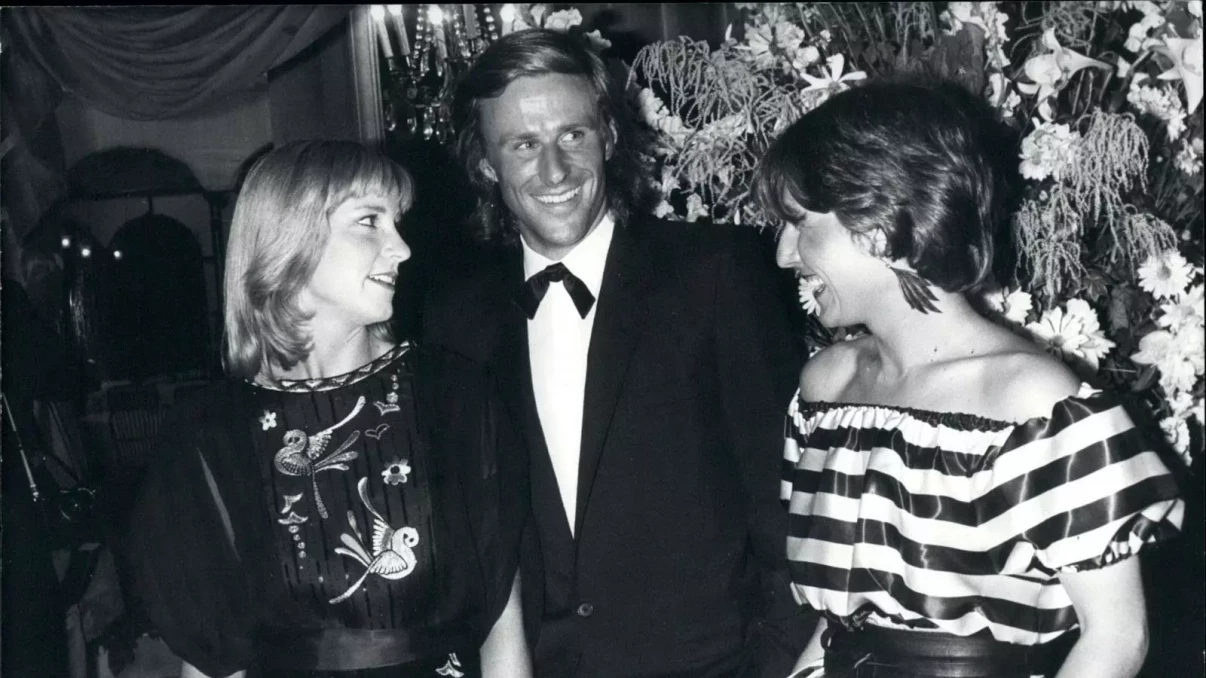Bjorn Borg admits he went completely off the rails with drugs and alcohol after early retirement
 By
SABC Sport
By
SABC Sport
21st September 2025

Tennis great Bjorn Borg revealed he faced numerous problems following his premature retirement, including depression, hard drugs and alcohol abuse.
The Swede announced his shock retirement in 1983, despite still being a strong force in the men's singles game.
Borg has been making the media rounds amid his newly-released autobiography 'Heartbeats: A Memoir.'
The 11-time Grand Slam champion will not be featuring at this year's Laver Cup after stepping down from his role at Team Europe's captain - being, instead, replaced by Frenchman Yannick Noah.
"It's been bothering me for many years," the Swede told the Guardian, detailing his reasoning for publishing an autobiography.
"People know me as a tennis player, but not what I went through. The decisions I took in my life were stupid, so I wanted to tell that story."
Borg has been virtually silent about his retirement for more than 42 years, with his Wimbledon and US Open defeats to John McEnroe in 1981 accelerating the end of his stellar career.
"When I stopped playing tennis, I didn't have a schedule," admitted Borg in an interview with the Times.
"I'd wake up in the morning and say to myself: I can do everything, anything. I'm so happy.
"But I left tennis. I left my tennis friends. That was a big mistake. I left the people in tennis that I was around and I liked all these people.
"The problem was that I didn't realise this - I had no plan. It finally came to a point: OK, what am I supposed to do now? I had no idea.
"I was lost. I was lost in this world. I had no plan and that's a difficult life.
"Then I started with the drugs or pills or alcohol; all these things. I think that was an escape from life - the reality just to escape. I didn't have to think about it.
"I knew that I was not happy. I needed to do something but I had no idea what to do.
"It's better to take all these things [drugs] because then you escape, you don't think about it too much. And then they got worse and worse and worse. So stupid."
For Borg, one of those drugs was cocaine - something which he first tried in 1982, an action which he would regret for the rest of his lift.
"They always had parties in Manhattan, so I went to one of the parties," he continued.
"I thought, I'm not playing tennis any more so I can try [cocaine]. That's why I was thinking in that kind of way. I can try - what's the problem.
"If I knew what the problem could become in the years to come, it would be better not to try it. Going into drugs or pills or alcohol - it's terrible.
"But then in the end I took more drugs and pills and it's just to find happiness. Where is happiness?"
Borg would attempt comebacks in 1991, 1992, and 1993 - but was unable to recapture the results that he once was able to easily achieve.
Indeed, his off-court struggles make up a large part of the book, giving an additional layer to an otherwise 'ice cool' professional tennis player.
"I had no plan. People today, they have guidance. I was lost in the world," Borg reiterated in the book.
"There was more drugs, there was pills, alcohol, to escape myself from reality.
"I didn't have to think about it. Of course, it's not good, it destroys you as a person. I was close to dying many times. I fixed my life. I'm very happy with myself.
"The first time I tried cocaine, I got the same kind of rush I used to get from tennis," he added. He said that "the worst shame of all," was when his father visited him in a hospital following an overdose.
Borg explained that his decision to retire early came because of the disappointment of defeat at the hands of McEnroe. He wrote: "All I could think was how miserable my life had become."







